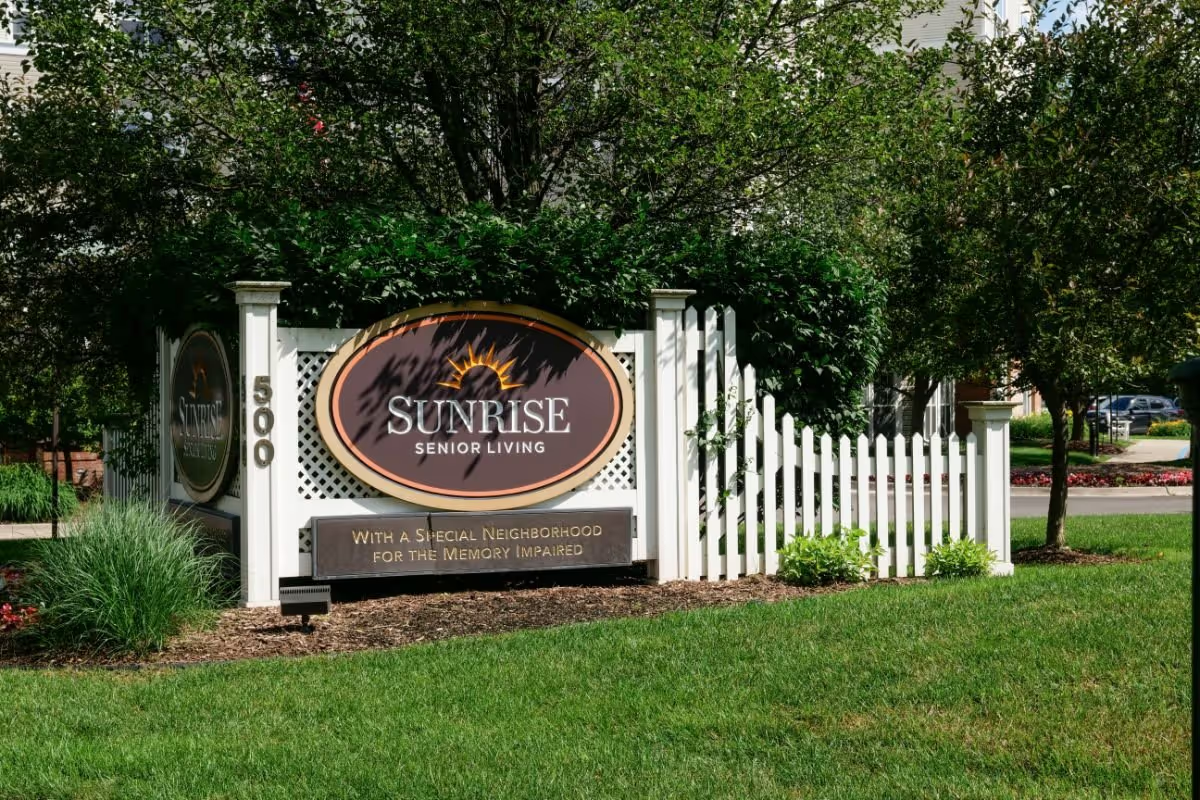Overall sentiment about SKLD Leonard is highly mixed, with a clear pattern of sharply contrasting experiences. A substantial number of reviewers describe very positive short-term rehabilitation stays: they praise the therapy team as encouraging and effective, credit staff with helping them regain mobility and return home, and note clean rooms and communal areas. Many reviewers specifically call out compassionate, friendly, and hardworking staff, and several say they would recommend the facility to friends or family for rehab. Housekeeping and facility cleanliness are recurring strengths—multiple accounts emphasize immaculate conditions and lack of urine odor, reflecting pride from the housekeeping team.
Despite these positive reports, there are serious and recurring negative themes that cannot be ignored. Several reviews allege medical neglect of a severe nature, including missed or delayed medications, staff failing to take vitals, being left on a bedpan for hours, and long waits for bathroom assistance. Multiple reviewers described unresponsive call bells and very slow assistance, which, together with staffing shortages mentioned elsewhere, suggests inconsistent staffing levels and response capability. There are also alarming allegations of abusive or disrespectful staff behavior, forced medications, theft of personal belongings, and a punitive or "prison-like" atmosphere for some residents. These reports include claims of residents being unable to advocate for themselves, false accusations made by staff, and care changes implemented without informing patients or families.
Dining and dietary accommodations emerge as mixed but important concerns. Several reviewers report enjoyable or mostly good meals and single reviews praise food, while others highlight very poor meals, a lack of dietary accommodations, and blunt statements like "kitchen sucks." This split suggests inconsistency in culinary services or that experiences vary by unit or patient need. Clinical follow-up issues such as delayed dental care have also been noted. Operational and administrative problems surface as well: reviewers mention difficulty with transfer/discharge processes, Medicaid fines, and insurance policy time limits that curtailed therapy progress for some residents. These issues point to friction at the interface of care delivery and payor or regulatory systems.
Putting these patterns together, a likely interpretation is that SKLD Leonard has real strengths—especially in rehab/therapy, cleanliness, and in many staff members who provide compassionate, effective care—but also suffers from inconsistent service quality and some severe failures in clinical care and resident safety. The variability in reviews suggests uneven staffing, training, oversight, or resource allocation: when teams are fully engaged and staffed, patients report excellent outcomes; when shortages or lapses occur, the consequences can be significant, including medication errors, neglect, and poor communication. Several reviews hint at potential regulatory or reporting issues (e.g., Medicaid fines, potential regulatory reports), which underscores the seriousness of some complaints.
For prospective residents and families, the most defensible conclusion from these reviews is nuanced: SKLD Leonard appears to be a strong option for short-term rehabilitation for many people, especially where therapy and cleanliness are top priorities. However, the facility also shows repeated, serious safety and care-quality concerns for a subset of patients, particularly regarding medication administration, responsiveness to urgent needs, dietary accommodations, and protection of residents' belongings and rights. Administratively, the facility should address staffing consistency, medication administration protocols, call-bell response times, communication practices around care changes and discharges, and safeguards against abuse and theft. Families considering this facility should ask specific, current questions about staffing ratios, medication management procedures, call-bell response metrics, dietary accommodations, and how the facility handles complaints and incident reporting before committing to either short-term rehab or longer-term stays.







